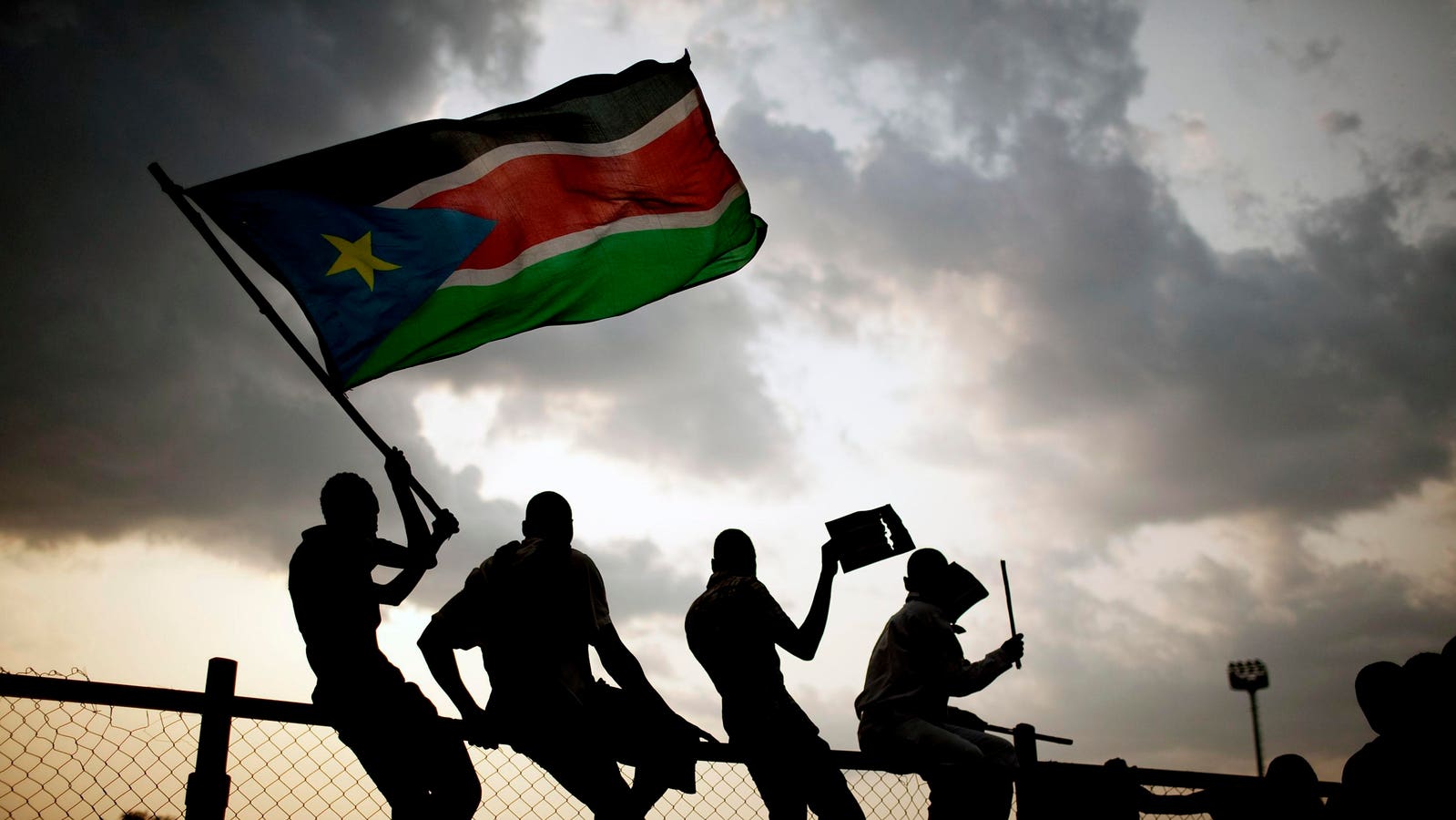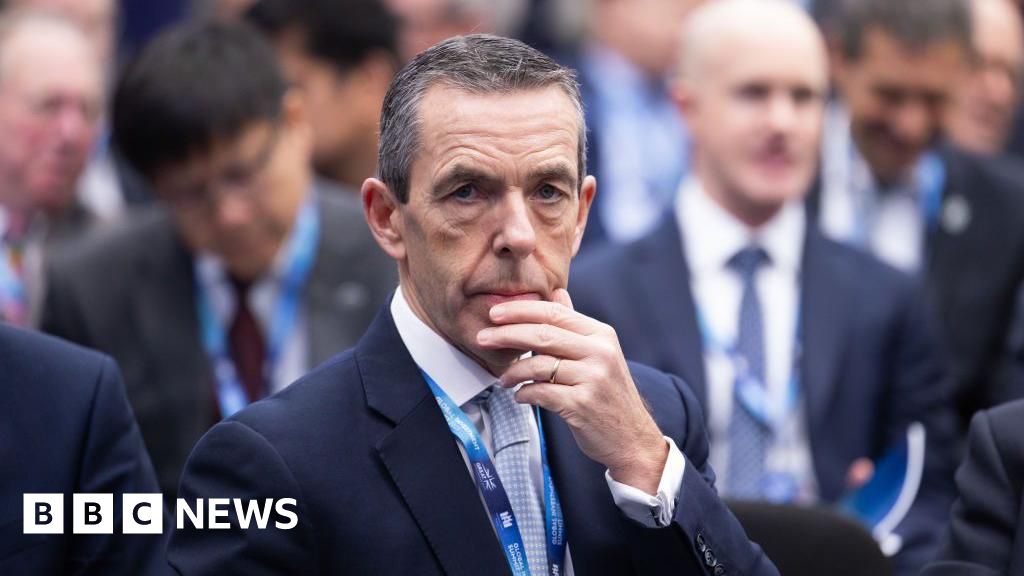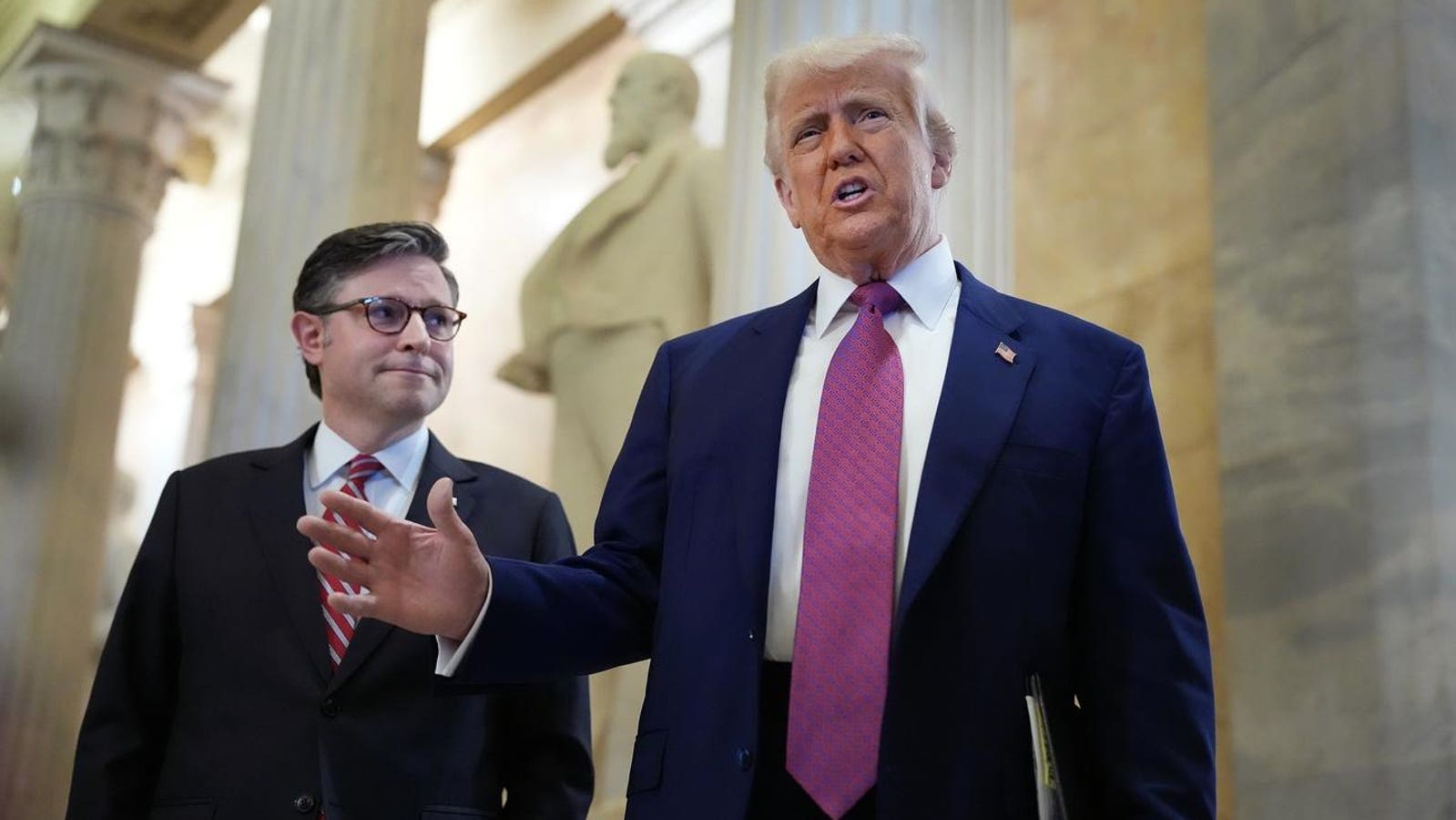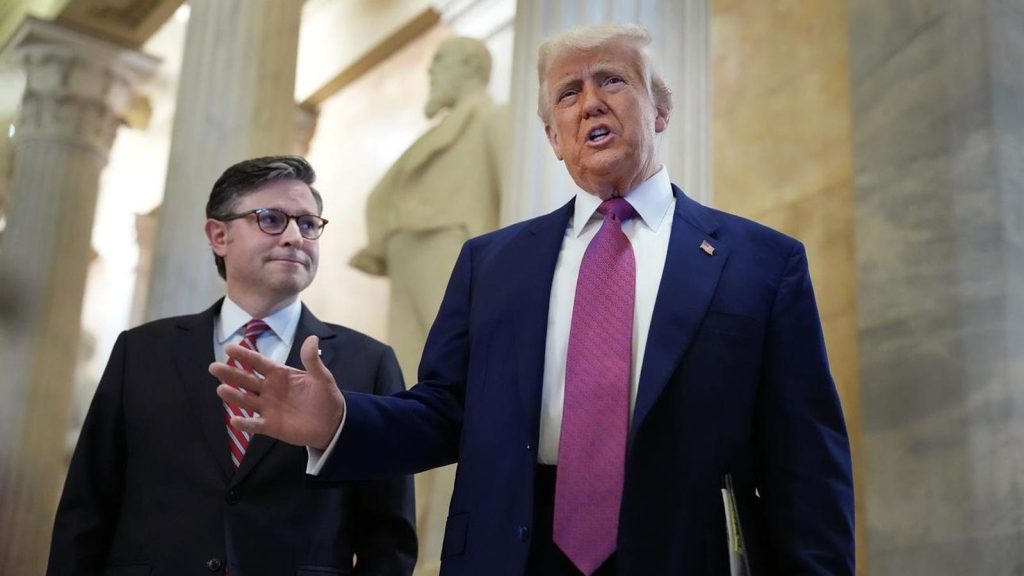Topline
The Trump administration violated a federal court order by deporting migrants to South Sudan without giving them a “meaningful” opportunity to protest being sent there, Judge Brian Murphy ruled Wednesday, the latest instance of the Trump administration being accused of defying court orders in how it’s carrying out its mass deportations.
People in Southern Sudan wave the country’s flag in the capital of Juba.
Key Facts
Murphy ruled Wednesday the Trump administration’s decision to send migrants to South Sudan “unquestionably” violated a previous order he issued, which blocked the government from deporting people to a third country—meaning one other than the U.S. or their home country—without giving them a “meaningful” opportunity to protest the removal.
The Trump administration sent at least 12 migrants to South Sudan on Tuesday as part of its broader mass deportation plans, and attorneys representing some of those deported immediately asked the court to return the migrants so they have an opportunity to register any fears about being sent to the war-torn country.
Murphy ruled the migrants were not given proper notice before being sent to South Sudan, noting they were only informed of their removal Monday evening and were put on a plane Thursday morning, giving them no time during business hours to contact their attorneys or meaningfully protest the plan in court.
Government attorneys told the court Wednesday that the Trump administration doesn’t believe it violated the order, as Murphy’s order wasn’t specific about what constitutes “meaningful” time to respond—which the judge disagreed with, saying that while his order didn’t give a specific time frame, he doesn’t “think there’s any interpretation” of his ruling “that would comport with” the Trump administration’s actions.
The migrants’ flight to South Sudan has landed but they are still on the plane in ICE custody, according to the Trump administration.
Murphy has not yet ruled on whether to send the migrants back to the U.S. and asked the Trump administration for clarity on whether immigrants could be questioned at all in South Sudan about their objections to being sent there, but said he intends to amend his previous ruling to give a more specific time frame before people can be sent to third countries.
What To Watch For
The legal proceedings are still ongoing, and it’s unclear whether the migrants will return to the U.S. from South Sudan. Murphy also declined to rule Wednesday on whether Trump officials committed criminal contempt by defying his previous order, saying that was an issue he would leave for “another day.”
Chief Critic
The White House has strongly defended its decision to send the migrants to South Sudan, pointing to their criminal histories and calling Murphy an “activist judge” by ruling against them. “A local judge in Massachusetts is trying to force the United States to bring back these uniquely barbaric monsters who present a clear and present threat to the safety of the American people and American victims,” Assistant DHS Secretary Tricia McLaughlin said in a statement Wednesday while Murphy’s hearing was still ongoing. “While we are fully compliant with the law and court orders, it is absolutely absurd for a district judge to try and dictate the foreign policy and national security of the United States of America.”
This story is breaking and will be updated.











